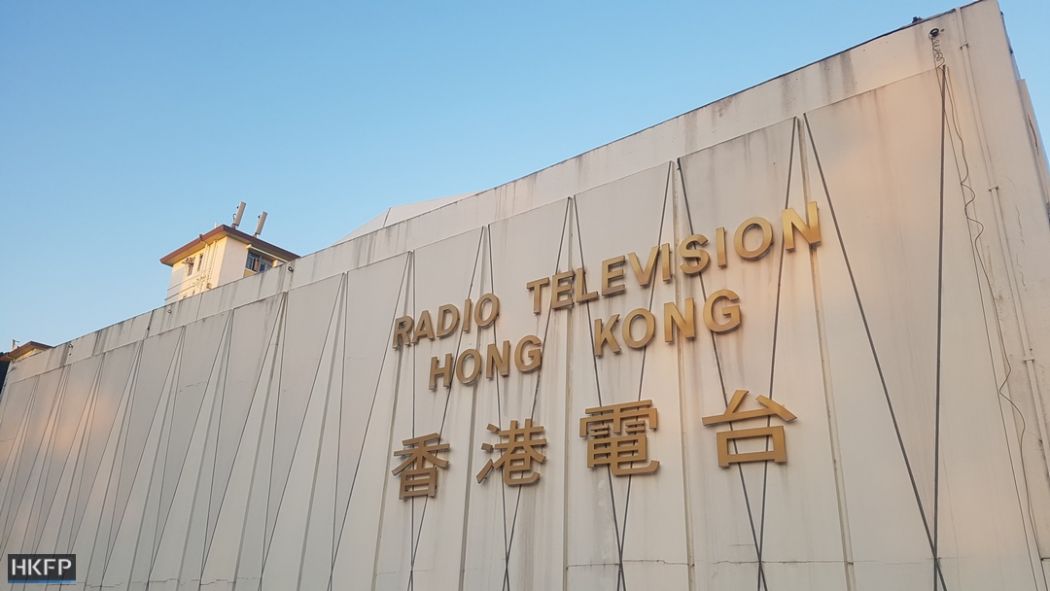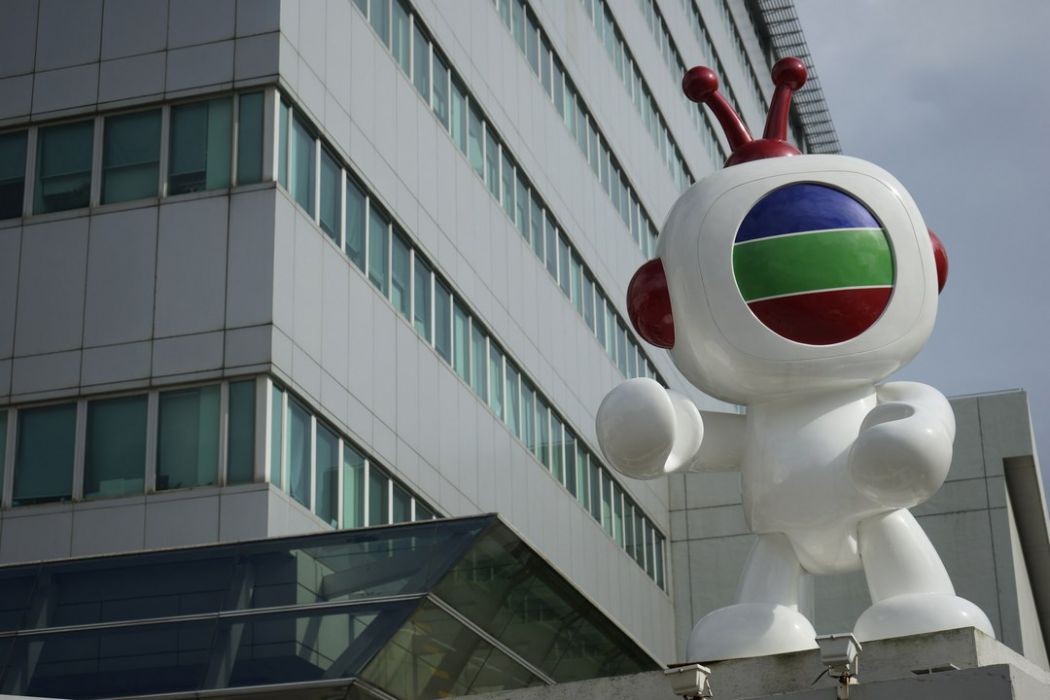Hong Kong television broadcasters who hold free TV licences will no longer be required to air RTHK’s programmes, the Communications Authority announced on Wednesday.
The authority lifted the requirements on commercial broadcasters TVB and HK Television Entertainment Company Limited (HKTVE) following a revocation request submitted by TVB on January 9.

TVB and HKTVE were obliged to broadcast 3.5 hours and 2.5 hours of RTHK programmes per week respectively on their integrated Chinese channels.
The authority said after consulting the Commerce and Economic Development Bureau (CEDB), they agreed to lift the requirements because they were first introduced in 1990 when RTHK did not have its own channels.
The public broadcasting service started operating three digital television channels in 2014. They has since been a gradual increase in the number of transmitting stations, with the proportion of the population reached hitting 99 per cent last year. The authority said it was proof that RTHK’s programmes were on par with other commercial broadcasters.

The authority added that some regular programmes from RTHK run twice – first on free TV channels and then on their own channel – and viewers can access RTHK’s programmes through its website and mobile application, hence there was “no justifiable case” to continue imposing the requirements.
They added the revocation would allow free TV licensees to use airtime more efficiently and provide more diverse programming.
“This decision would be consistent with the policy objective to facilitate innovation and the sustainable development of the broadcasting industry,” said the authority. “There will be no impact on the public as viewers could continue to view RTHK programmes through its own TV channels,” they added.

The authority said RTHK has no objection to the request, while TVB welcomed the government’s decision.
“The mandatory requirement for us to carry RTHK programmes is outdated. It is a sheer duplication and deprives viewers of more choices,” a TVB spokesperson said.
The spokesperson added the time freed up by the new arrangement would be filled with an extension of their daily news roundup.
“We plan to extend the ‘News At 6:30’ from 30 minutes to one hour in response to the demand for more news and information by the public, which is also reflected by the increasing ratings of TVB news,” the spokesperson said.
Police satire
Last month, RTHK’s satirical current affairs programme Headliner sparked a row after an episode aired on February 14 jokingly implied that police officers had more protective gear than other frontline government agencies and medical staff amid the coronavirus outbreak.

The episode received more than 200 complaints, while several protests were staged by pro-Beijing groups outside RTHK’s headquarters.
Hong Kong police chief Chris Tang slammed the Headliner as causing a “wrong impression” and “misunderstanding” of the police force. Tang said police work had been undermined, as audiences were misled into thinking that the force was unprofessional. A complaint was filed by the force to the Director of Broadcasting Leung Ka-wing.
Democratic Party lawmaker Roy Kwong raised doubts about the revocation, saying it was a crackdown on press freedom by the government. He urged the the authorities to explain and reconsider their decision: “RTHK has been complained about and defamed by the pro-establishment camp and pro-Beijing figures. The Hong Kong Police’s letter to RTHK has seriously intervened with press freedom,” Kwong said.
